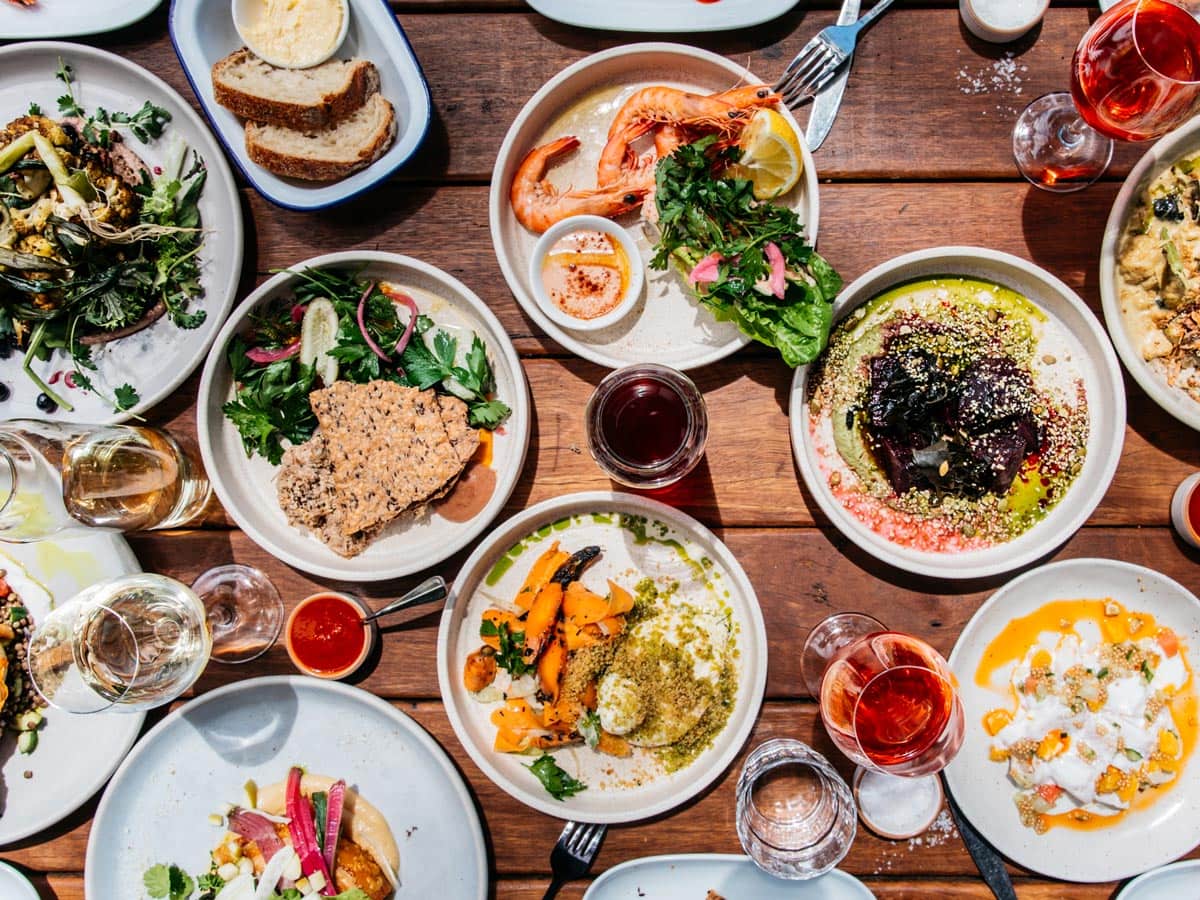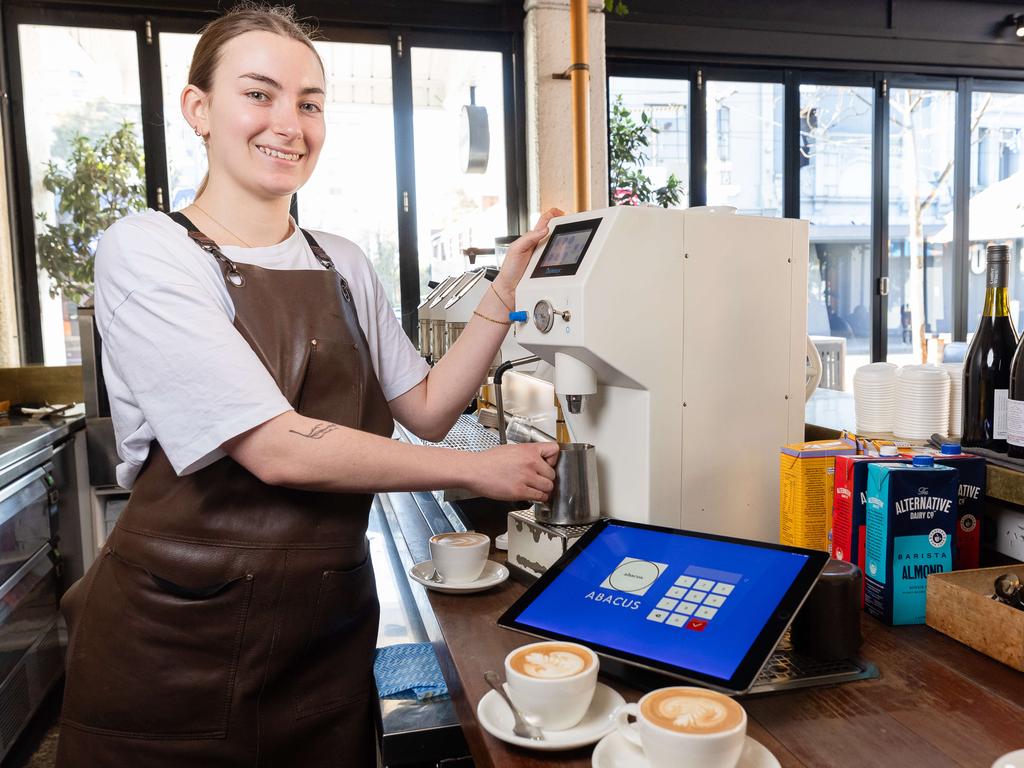The West Coast of Australia is home to a thriving café culture that stands out for its unique blend of sustainability and cultural vibrancy. As the demand for ethically sourced products and eco-friendly practices continues to grow, cafes in this region have embraced these values, creating spaces that not only serve excellent coffee but also foster community and reflect the diverse cultures of the area. In this blog, we’ll explore how sustainability and culture intertwine to create the distinctive appeal of West Coast cafes, highlighting key practices, cultural influences, and standout examples that set this region apart.
1. The Rise of Sustainability in Café Culture
Sustainability has become a cornerstone of the café industry globally, but it holds a special place on the West Coast of Australia. The region’s natural beauty and close-knit communities foster a strong sense of responsibility toward the environment, which is reflected in the way local cafes operate. From sourcing local, organic ingredients to minimising waste and reducing carbon footprints, West Coast cafes are at the forefront of the sustainability movement.
Sourcing Locally and Ethically
One of the most significant trends in sustainable café culture is the focus on sourcing local and ethically produced ingredients. West Coast cafes are increasingly prioritising relationships with local farmers, coffee roasters, and artisans, ensuring that their products are not only fresh but also support the local economy. This commitment to local sourcing reduces the carbon footprint associated with transporting goods over long distances and promotes sustainable farming practices.
For example, many cafes in Perth and Fremantle partner with local roasters who specialise in ethically sourced coffee beans. These roasters often work directly with coffee farmers, ensuring fair wages and sustainable farming practices. The result is a cup of coffee that is not only delicious but also socially and environmentally responsible.
 Waste Reduction and Recycling
Waste Reduction and Recycling
Waste management is another critical aspect of sustainability embraced by West Coast cafes. Many establishments have implemented comprehensive waste reduction strategies, including composting food scraps, recycling packaging, and encouraging customers to bring their own reusable cups and containers. Some cafes have even gone a step further by eliminating single-use plastics entirely.
In addition to these practices, there is a growing trend of cafes repurposing waste into new products. For instance, coffee grounds are often used as compost or in beauty products, while food waste is transformed into bioenergy. This approach not only reduces waste but also highlights the innovative spirit of the region’s café culture.
Energy Efficiency and Green Building Practices
Sustainable energy use and green building practices are becoming increasingly common in West Coast cafes. Many cafes have embraced solar power, energy-efficient appliances, and sustainable building materials to minimise their environmental impact. These efforts are often complemented by design choices that maximise natural light and ventilation, reducing the need for artificial lighting and air conditioning.
The emphasis on sustainability extends to the interior design of these cafes as well. Upcycled furniture, reclaimed wood, and eco-friendly paints are just some of the materials used to create warm, inviting spaces that reflect the natural beauty of the West Coast.
2. Cultural Influences in West Coast Café Culture
The cultural diversity of the West Coast plays a significant role in shaping its café culture. The region’s cafes are not just places to enjoy a coffee; they are cultural hubs where people from different backgrounds come together to share ideas, food, and experiences. This cultural richness is reflected in the variety of cuisines, design aesthetics, and social initiatives that characterise West Coast cafes.

A Melting Pot of Flavors
The West Coast of Australia is home to a diverse population, with significant influences from European, Asian, Middle Eastern, and Indigenous cultures. This diversity is evident in the wide range of flavours and cuisines offered by local cafes. Whether it’s a traditional Italian espresso, a Japanese matcha latte, or an Indigenous-inspired bush tea, the region’s cafes offer something for everyone.
Many cafes take pride in offering a menu that reflects the multiculturalism of their community. Fusion dishes that combine elements from different culinary traditions are particularly popular, providing customers with a unique dining experience that celebrates the region’s cultural diversity.
Design Aesthetics and Cultural Expression
The design of West Coast cafes is another area where cultural influences shine through. Many cafes draw inspiration from the natural landscape, incorporating elements like native plants, coastal colors, and raw materials into their interiors. This connection to nature is often complemented by artwork and decor that reflect the cultural heritage of the area.
Indigenous art, in particular, plays a significant role in the design of many West Coast cafes. By showcasing the work of local Indigenous artists, these cafes not only beautify their spaces but also pay tribute to the rich cultural history of the land on which they operate. This practice fosters a deeper connection between the café and the community, creating spaces that are both culturally enriching and visually stunning.
Community and Social Initiatives
West Coast cafes are more than just places to grab a coffee; they are community hubs that bring people together and support social causes. Many cafes in the region are actively involved in initiatives that promote social justice, environmental awareness, and community engagement. From hosting charity events to providing a platform for local artists and musicians, these cafes play a vital role in fostering a sense of community.
One notable example is the growing number of pay-it-forward programs, where customers can buy a coffee or meal for someone in need. This simple act of kindness has a ripple effect, creating a sense of solidarity and support within the community. Additionally, many cafes partner with local nonprofits and social enterprises to address issues such as homelessness, mental health, and environmental conservation.
3. Standout Examples of Sustainable and Culturally Rich West Coast Cafes
To truly appreciate the unique appeal of West Coast cafes, it’s worth highlighting a few standout examples that embody the principles of sustainability and cultural richness.
Cafe A – A Pioneer in Zero-Waste Practices
Located in the heart of Perth, Cafe A has gained a reputation for its commitment to zero-waste practices. The café sources all its ingredients from local farmers and producers, ensuring that everything on the menu is fresh and sustainably produced. In addition to its farm-to-table approach, Cafe A has implemented a comprehensive waste reduction strategy that includes composting, recycling, and repurposing food scraps.
The café’s interior design is a testament to its commitment to sustainability, featuring upcycled furniture, reclaimed wood, and energy-efficient lighting. Moreover, Cafe A regularly hosts workshops and events focused on sustainability, offering customers an opportunity to learn more about eco-friendly practices and connect with like-minded individuals.
 Cafe B – Celebrating Indigenous Culture
Cafe B – Celebrating Indigenous Culture
Cafe B, situated in Fremantle, is a shining example of how cafes can celebrate and honor Indigenous culture. The café’s menu features a variety of bush foods and native ingredients, offering customers a taste of Australia’s rich Indigenous culinary heritage. Dishes like wattleseed pancakes and lemon myrtle-infused desserts are just a few examples of the innovative and delicious offerings available.
In addition to its food, Cafe B showcases the work of local Indigenous artists, with paintings, sculptures, and textiles adorning the walls. The café also hosts regular cultural events, including storytelling sessions, live music performances, and workshops on traditional crafts. These initiatives not only enrich the café experience but also provide a platform for Indigenous voices and stories.
Cafe C – A Cultural Fusion Hub
Cafe C in Mandurah is a perfect example of a cultural fusion hub, where flavours from around the world come together in a vibrant and welcoming space. The café’s menu features dishes inspired by a diverse range of culinary traditions, from Mediterranean mezze platters to Asian-inspired noodle bowls. The emphasis on fresh, locally sourced ingredients ensures that each dish is both flavorful and sustainable.
The café’s interior design reflects its multicultural ethos, with a mix of global and local influences evident in the decor. Colourful textiles, handcrafted furniture, and artwork from various cultures create a warm and inviting atmosphere that encourages guests to linger and connect. Cafe C also hosts cultural events, such as international film screenings, cooking classes, and language exchange meetups, further enhancing its role as a cultural hub.
4. The Future of West Coast Café Culture
As sustainability and cultural diversity continue to shape the café industry, the future of West Coast café culture looks bright. The region’s cafes are likely to become even more innovative in their approach to sustainability, embracing new technologies and practices that further reduce their environmental impact. At the same time, the celebration of cultural diversity will remain a central theme, with cafes continuing to serve as spaces where people from all walks of life can come together and share their stories.
 Embracing Technology and Innovation
Embracing Technology and Innovation
Technology will play a crucial role in the future of sustainable café practices. From smart appliances that reduce energy consumption to apps that help cafes manage waste more efficiently, innovation will be key to minimising the environmental impact of the industry. Additionally, the use of digital platforms to connect with customers and promote sustainable practices will become increasingly important.
For example, some cafes are already using apps to track their carbon footprint and make data-driven decisions about their operations. These tools allow café owners to monitor energy use, waste production, and other key metrics in real-time, enabling them to make more informed choices about how to run their businesses sustainably.
Expanding the Cultural Conversation
The future of West Coast café culture will also see a continued emphasis on cultural expression and inclusivity. As the population becomes more diverse, cafes will need to adapt and evolve to meet the changing needs and preferences of their customers. This could involve introducing new flavors and cuisines, creating more inclusive spaces, and offering programming that reflects the diverse cultural landscape of the region.
Cafes will also play a critical role in fostering dialogue and understanding between different cultural groups. By hosting events, workshops, and discussions on cultural issues, cafes can help build bridges between communities and promote a more inclusive

